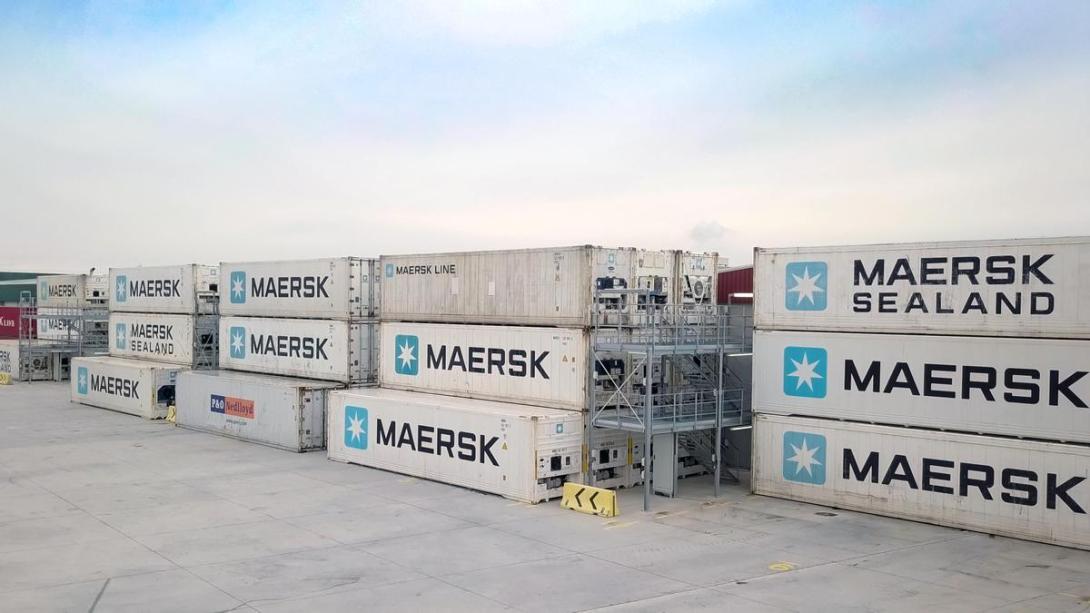Refrigerated – Traffic Reefer
The cold logistics chain has specific needs and difficulties such as strict temperature requirements or energy dependence, which is why the Port of Barcelona works to provide innovative and efficient solutions to these challenges and contribute to the efficiency and competitiveness of the sector.

Interesting links and apps
Oriented to the needs of the sector
With the aim of developing specific, more efficient logistics chains for reefer traffic, the Port of Barcelona has focused on five key points that have enabled an increase in volumes and services and offer the most competitive solutions to customers.
1. A powerful and balanced market
Thanks to its privileged location in one of the largest production and consumption areas in the Mediterranean, the Port of Barcelona has access in 48 hours to a market of more than 200 million consumers and it is also less than 200 km from the most important fruit and vegetable distribution centre in Europe, the Saint Charles market. We combine import and export traffic in the most balanced way possible, together with transshipment traffic that allows the concentration of significant volumes using Barcelona as a link between the routes to America and Asia.
2. Adapted infrastructures
The Port of Barcelona has two container terminals and a multipurpose terminal prepared to handle reefer traffic, both fresh and frozen products, in optimal conditions, as well as depots and warehouses highly specialised in this type of cargo and highly qualified personnel, and a state-of-the-art PIF and Scanner Area. We have not only increased the surface and capacity for this traffic, but we have also improved the facilities, with a greater number of reefer connections and optimised control processes.
3. Wide range of maritime connections
For reefer traffic it is crucial to have a wide range of maritime services that offer frequent and reliable connections. The Port of Barcelona has weekly connections with the main ports in the world and is a port of call for the main shipping companies and alliances worldwide. We also have a network of feeder, Ro-Ro and SSS services for distribution in the Mediterranean.
4. Land connections with the hinterland
The Port of Barcelona has developed a network of intermodal corridors and inland terminals that are an extension of the port's maritime network and allow us to bring maritime-port services closer to the rest of the Peninsula Iberia and southern France. This intermodal network has also been adapted to the requirements of reefer cargo with terminals and services specialised in this type of traffic that allow us to improve the competitiveness of our clients, as well as reduce costs and polluting emissions.
5. Innovative solutions
To support its customers, the Port of Barcelona has developed a whole series of applications that provide up-to-date and accurate information on maritime or rail services, access times to terminals, how to build an efficient logistics chain, or to monitor any container during its stay in the port area.
A sector in expansion
Resisting the economic recession
Despite the challenges and specific needs, reefer traffic is in good health and the latest forecasts suggest that this trend will continue in the coming years.



